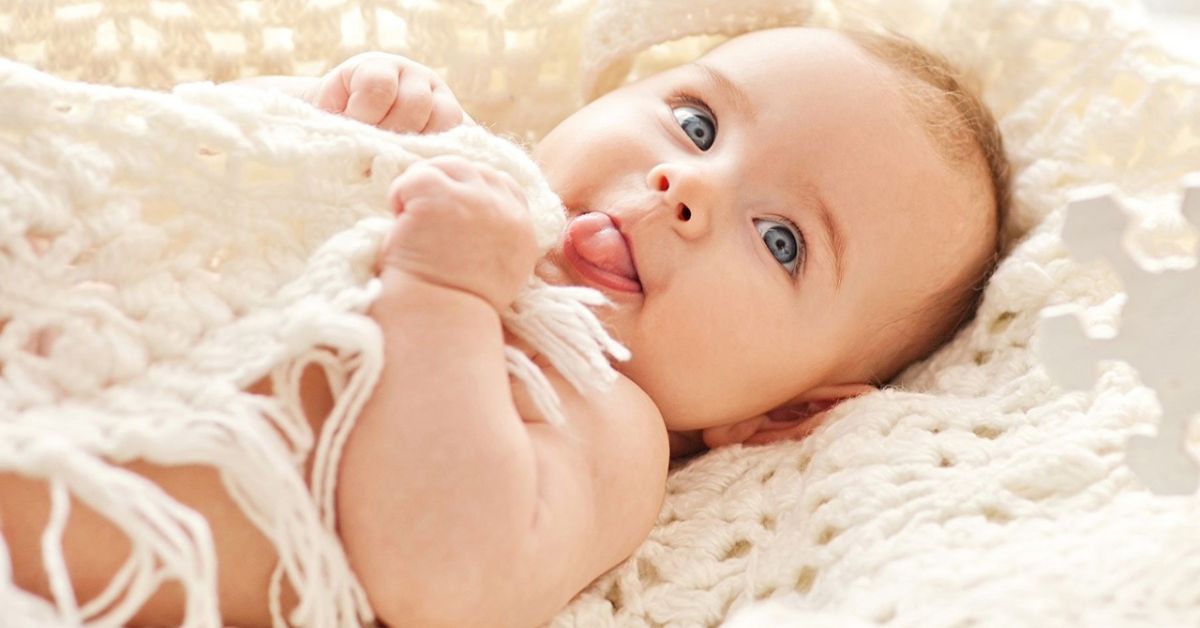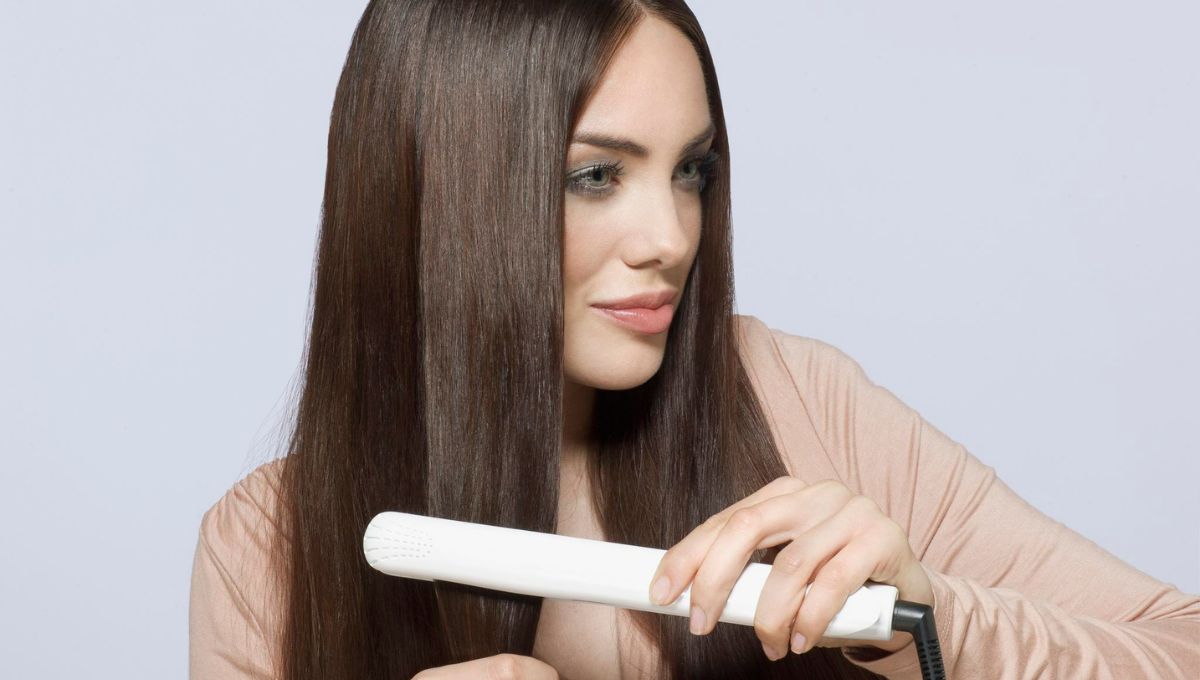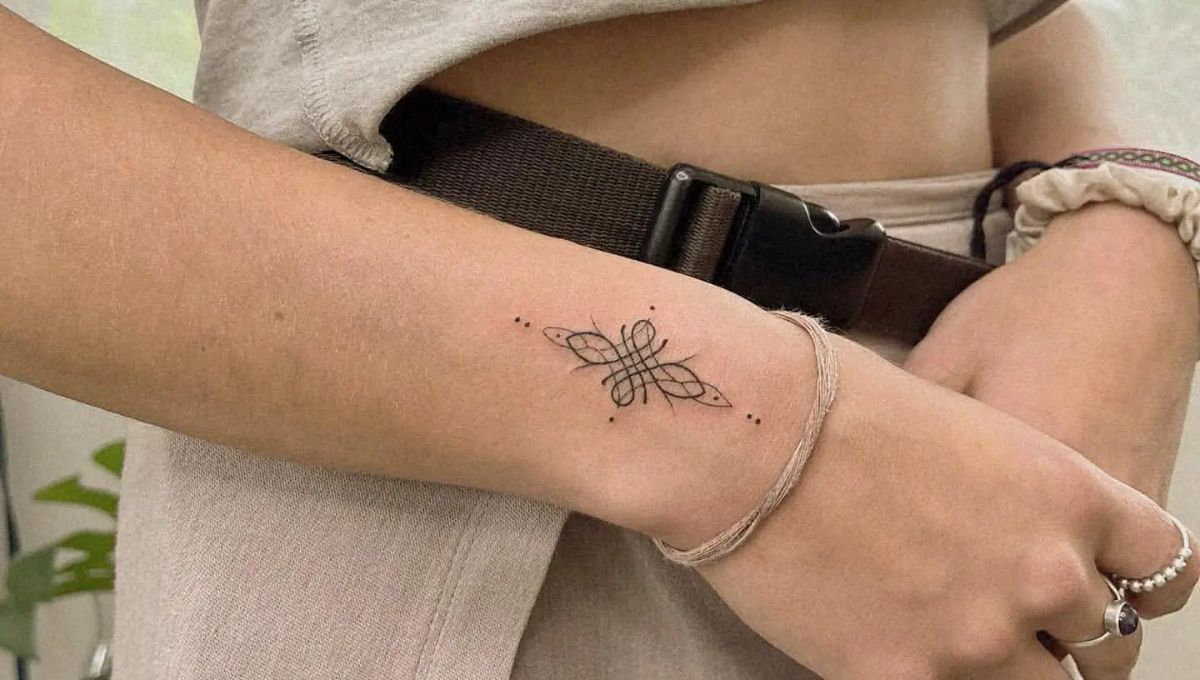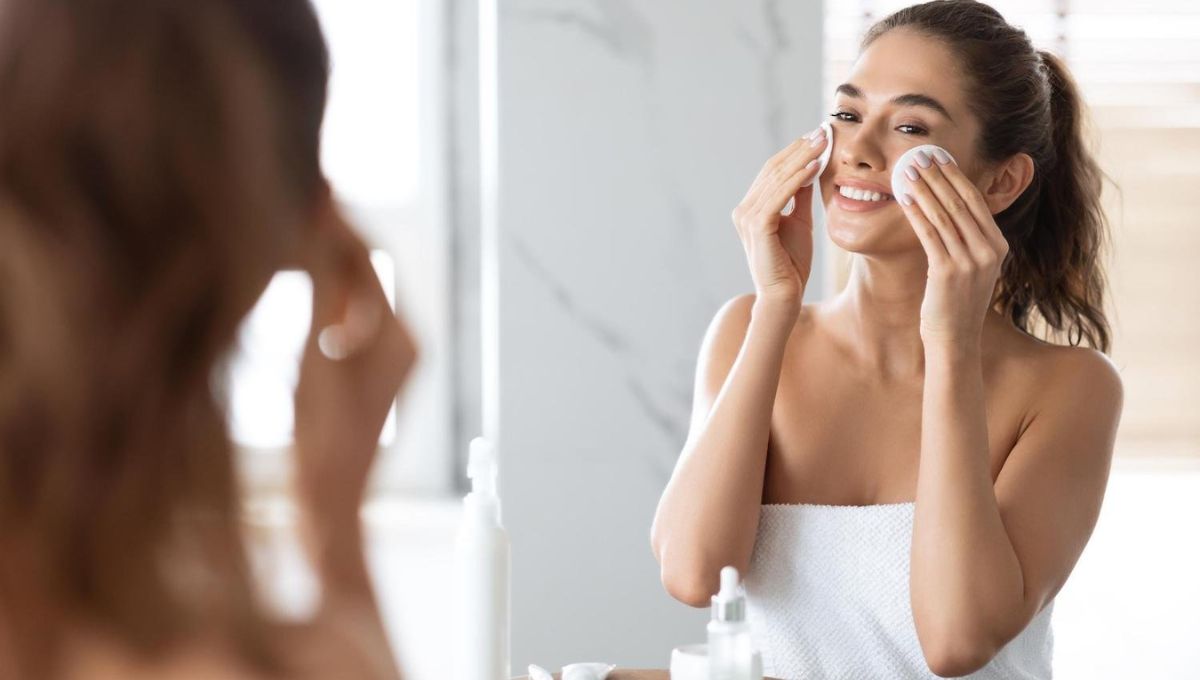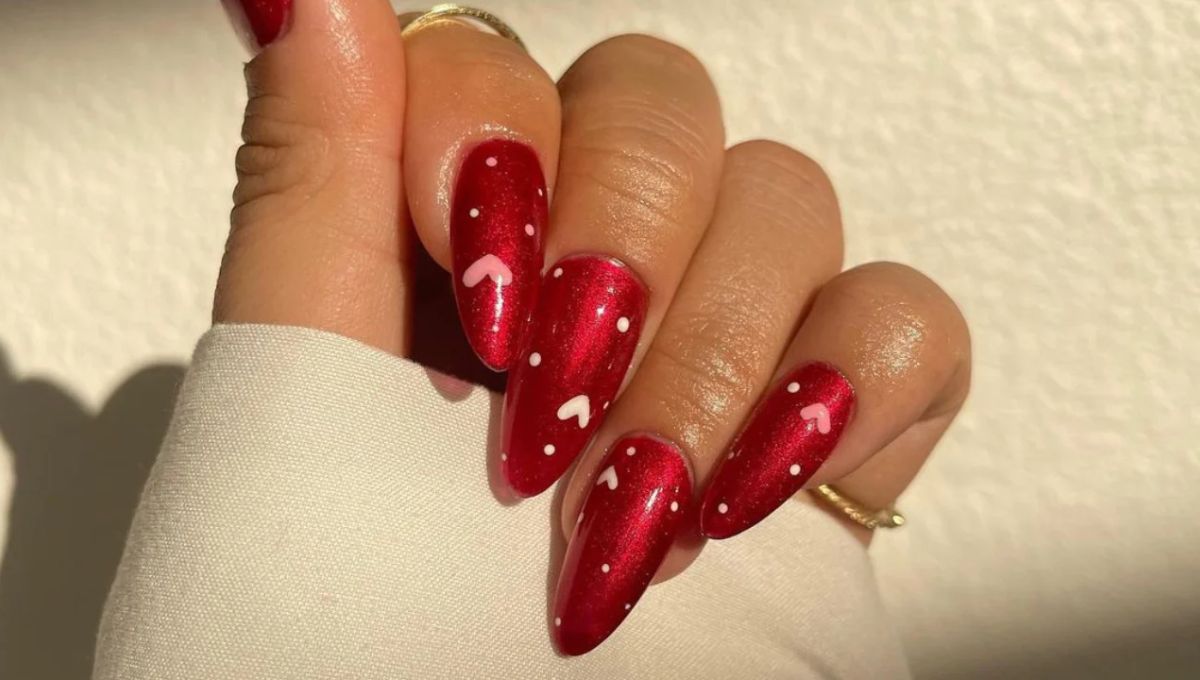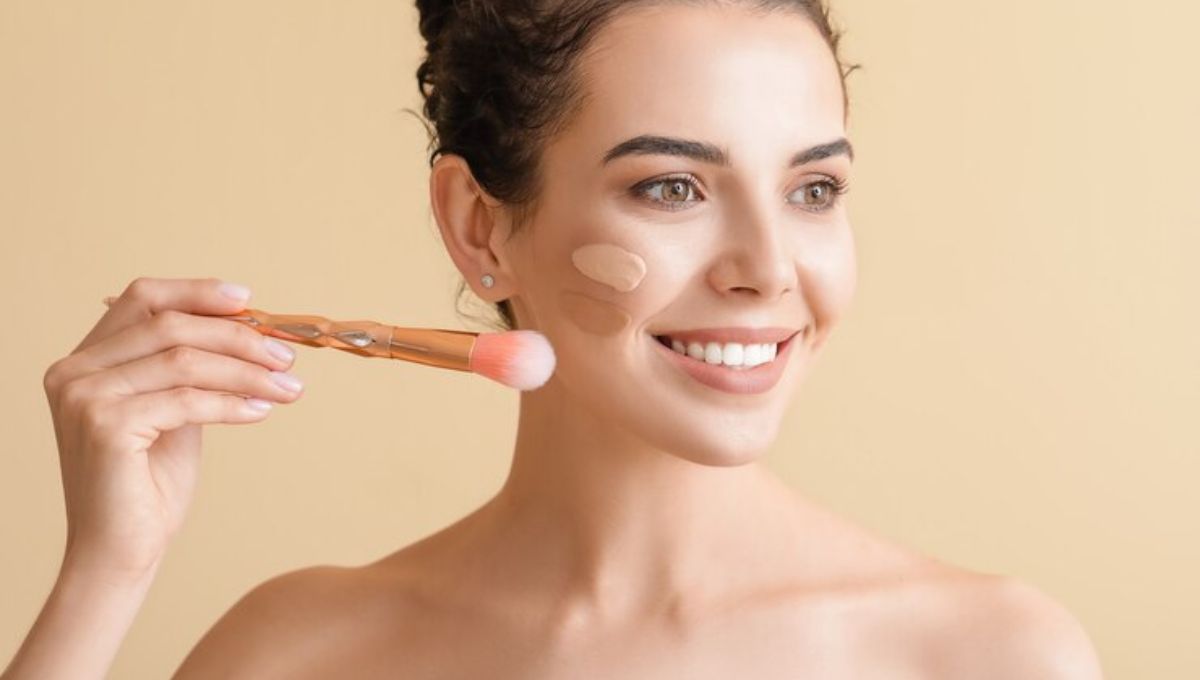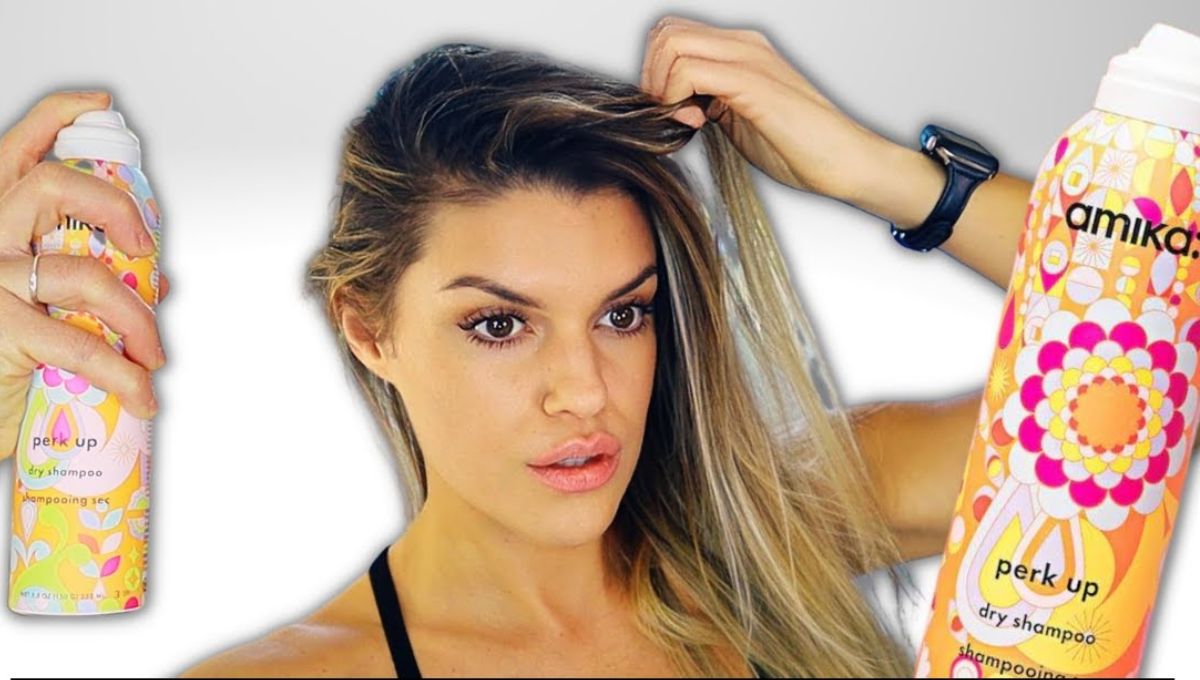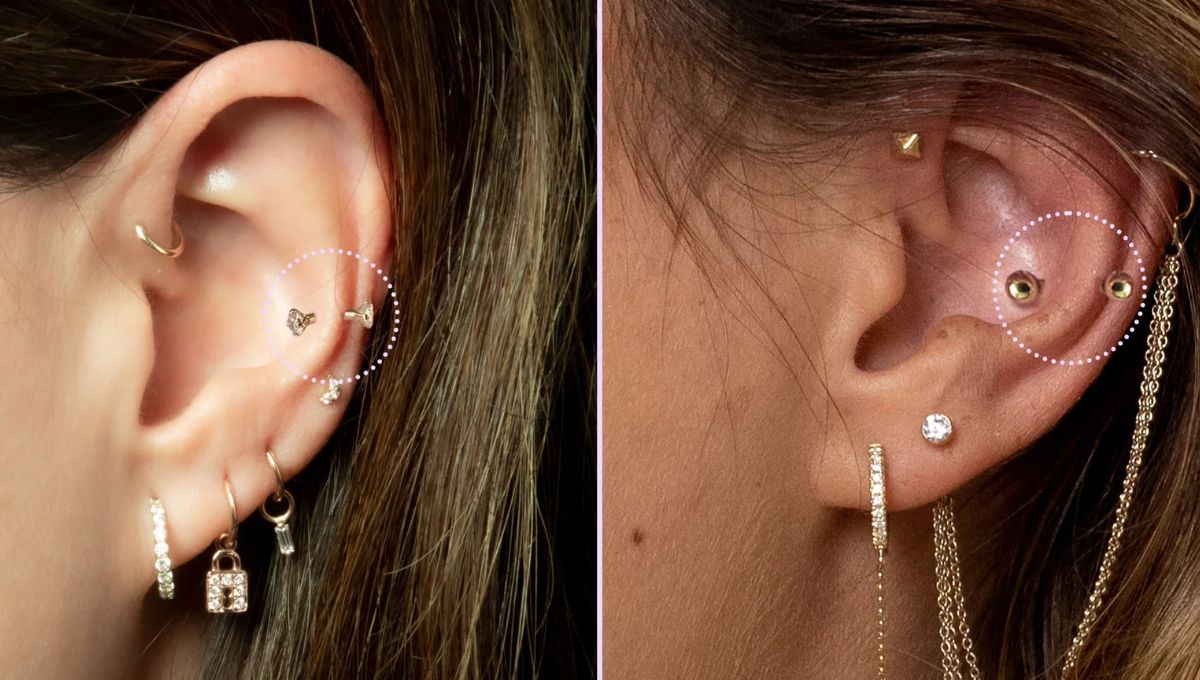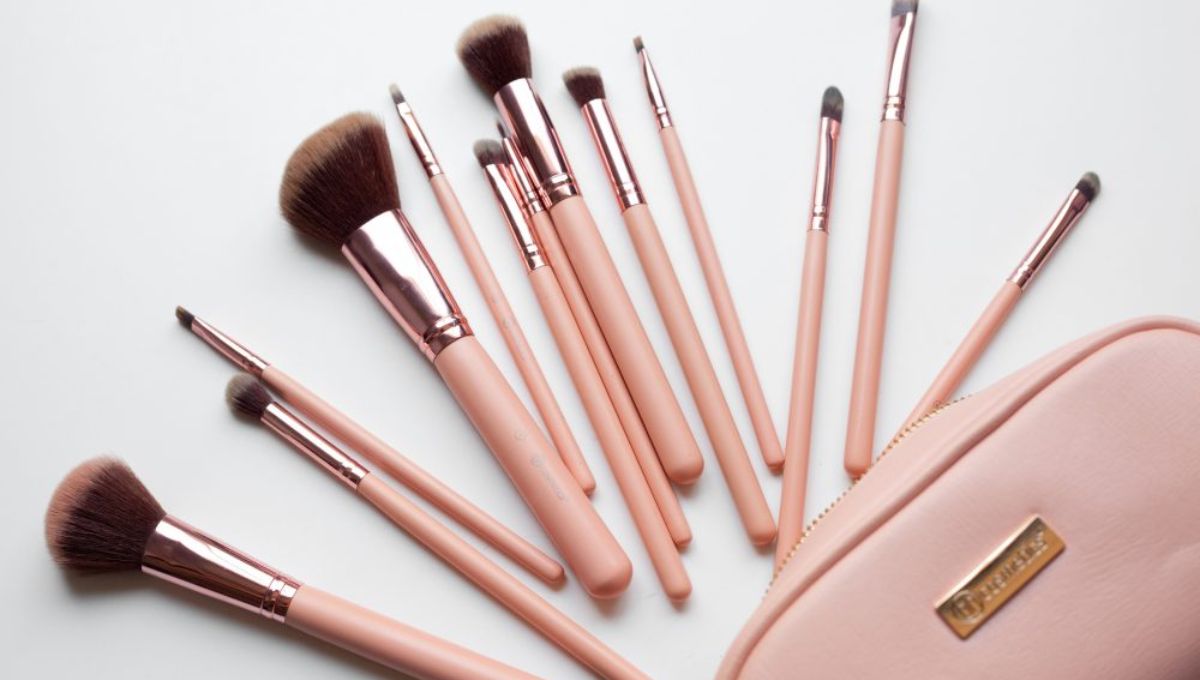Should parents be thoughtful while selecting a perfume for newborns?
Perfume for newborns is fascinating and contentious because it addresses the delicate balance between cherishing baby moments and protecting a newborn’s sensitive skin and developing senses. Perfumes have been linked to memories and emotions for millennia, therefore parents often examine how scents can improve bonding with their newborns.
Scented oils and light perfumes have been used to mark special occasions in many cultures, and the thought of a unique, soft aroma accompanying a baby’s early days is heartwarming. However, strong fragrances and specific chemicals in many perfumes might irritate newborns’ fragile skin. Fragrances surrounding babies create serious safety and propriety concerns.
Choosing A Perfume For Newborns
Choosing a perfume for newborns is a careful balance of fragrance and safety. Many cultures appreciate putting gentle smells on babies. These scents evoke affection, caring, and nurturing. However, choosing the right perfume for newborns requires knowledge of fragrance compounds, sensitive skin, and health risks. Perfume for newborns avoids harsh chemicals and allergens that could hurt the baby’s fragile skin and respiratory system.
Parents and carers must consider hypoallergenic substances, alcohol and chemical-free, and the baby’s growing respiratory system. Some parents may spray perfume on their baby’s clothes or cot sheets to create a pleasant environment, but others may use essential oils or fragrance-free choices to prevent dangers. Understanding the balance between a sweet-smelling atmosphere and the need to preserve the baby’s health and wellness is crucial. By understanding this topic, parents can make choices that balance their love of fragrance with their newborn’s care.
When choosing a perfume for newborn, a soft touch and careful thinking are required. Baby skin and sensory systems are sensitive, so what works for adults may not work for them. These five specific tips can help you choose a newborn fragrance.
Use Hypoallergenic, Natural Ingredients
Baby scents should be hypoallergenic and natural. Infant products often avoid irritants and harsh substances. Chamomile, lavender, and calendula calm and fragrance the baby. For child safety, use dermatologist-tested and pediatrician-approved products.
Use Alcohol-Free Formulas
Many perfume for newborns include alcohol, which is harmful to newborns. Alcohol can dry and irritate a baby’s delicate skin, causing discomfort and adverse effects. Therefore, alcohol-free perfumes are necessary. Gentler formulas reduce skin irritation and dryness. Choose water- or oil-based perfume for newborns over alcohol for a mild scent. These non-drying, non-irritating solutions keep infant skin moist and smell good.
Select Soft Scents
Due to their sensitive sense of smell, infants can be overwhelmed by strong scents. Choose mild perfumes to safeguard their developing olfactory system. Vanilla, baby powder, and soft flower fragrances are ideal for babies. These soothing fragrances help your baby relax. A light perfume spritz or dab on or near babies is usually enough.
Select Non-Toxic Packaging
Think about perfume packaging. Keep the product in non-toxic, BPA-free packaging to prevent odour contamination. Childproof perfume bottles or pumps prevent accidents and ingestion. Packaging practicality matters too. Small, portable sizes may be safe for on-the-go use. Packaging that matches product quality ensures your baby’s safety.
Test Patches Before Usage
Patch tests are recommended before applying any new perfume to your newborn skin. If there are no negative effects, the product can be used more. If side effects occur, discontinue using and visit a pediatrician. The smell is patch-tested for baby safety.
Safe, compassionate, and conscious of a newborn’s sensitive skin and expanding senses are the guidelines. Following these tips, you might find a scent that calms your baby.
Mild Ingredients Of Perfume For Newborns
Baby skin is more sensitive than adult skin, thus, any skin product must be chemical-free. Synthetic fragrances, parabens, phthalates, and alcohol are avoided in infant perfumes. They generally contain soothing, skin-friendly compounds including chamomile, lavender, and vanilla.
Perfume for newborns is tested extensively to assure safety. Dermatologists and paediatricians test these products for irritation and allergies. These perfumes also have low essential oil concentrations to avoid overpowering the baby’s natural aroma. Perfume for newborns keep babies smelling fresh and clean. It can also disguise diaper and spit-up odours. Safe and mild perfume for newborns are designed for delicate skin. Their hypoallergenicity and lack of harsh ingredients make them excellent for sensitive newborns.
In addition to smelling pleasant, perfume for newborns can relax your infant. Relaxing aromas like lavender, chamomile, and vanilla can calm your infant.
Is Perfume Bad for Newborns?
Many parents wonder if perfume is harmful to newborns. Baby’s fragile skin and growing respiratory system are priorities. Understanding the hazards of using any scented product on neonates is crucial, even with light, hypoallergenic perfumes.
Allergic Reactions
Allergic reactions are a major danger. Chemicals and scents can irritate newborn skin. Even “hypoallergenic” perfumes can cause rashes. Thus, a patch test is essential before applying perfume to a baby’s skin.
Respiratory Problem
Respiratory difficulties are another risk. Newborns’ developing lungs are especially sensitive to strong odours and synthetic fragrance VOCs. Baby asthmatics and allergy sufferers may have respiratory issues from these chemicals. Thus, perfume for newborns must comprise natural, gentle, VOC-free components.
Increase Anxiety
Overexposure to strong odours might overload babies’ senses. Babies use fragrance to bond with parents and understand their surroundings. Overpowering odours might disrupt this process and produce anxiety. Therefore, use perfumes sparingly and use products made for infants that have been thoroughly tested.
Regulation of Perfume For Newborn
In recent years, baby fragrance laws have tightened, allowing few components. Contrary to popular belief, perfume for newborns contain few natural ingredients. No natural citrus notes are allowed in children’s fragrances. Natural goods can cause allergies.
Since the perfumer has a limited range of ingredients, infant perfume formulation is complicated. Limited to one, two, or three natural components. The perfumer for newborn must give the baby scent a natural feel with few or no natural ingredients. Synthetic compounds can cause allergies, although baby perfumes are strictly regulated.
Also, little children have thin, vulnerable skin. Due to babies’ small stature, skin contact can concentrate even little amounts of a substance in their bodies.
Which Scents To Choose For Children And Babies?
Baby and child perfumes always smell like infants. Thus, its smells must be fresh and sweet, musky-based (like white musks), citrus-like (without citrus), and haloed with abstract florals. To compose light, subtle, and airy perfumes, a perfumer must be skilled.
Tips For Choosing Perfume For Newborns
Safety and compassion are essential when choosing newborn fragrances. Strong scents and chemicals can irritate newborns’ fragile skin and respiratory systems. Babies’ perfumes are usually free of alcohol, parabens, phthalates, and other hazardous components. Choose dermatologically tested, infant-approved goods. Choose scents with natural, hypoallergenic components like chamomile, lavender, or calendula, which calm and soothe. For safety, patch test the scent on a tiny area of the baby’s skin before applying it widely.
Consider scent intensity, application method, and ingredient safety. Strong fragrances might overwhelm or bother newborns due to their keen sense of smell. Choose gentle scents to avoid overpowering their delicate senses. You should also avoid applying perfume directly on the baby’s skin. Spray it on the baby’s clothes, blanket, or soft toy for a mild, long-lasting aroma without skin contact. Always apply perfume in a well-ventilated location to avoid inhaling. Giving your newborn a moderate, pleasant scent is safe and fun with these methods.
What Is The Best Perfume Smell For Newborns?
Light, natural, and relaxing perfumes are great for newborns. The perfect newborn aroma is safe and delicate enough to calm and comfort. Several soft and relaxing aroma notes are ideal for babies.
Baby lavender is a favourite scent because it calms and relaxes. It improves sleep and reduces anxiety, making it a good nighttime routine. Baby perfumes also use vanilla, a mild scent. The baby and parents can feel safe and secure with its sweet and warm scent. Chamomile is mellow and calming, making it a good choice. Orange blossom is a mild, refreshing aroma that can raise the mood and provide a nice environment for the baby.
Additionally, some parents like perfumes with floral and fruity tones like rose and mandarin. These mixtures can create a fresh, delicate scent that’s friendly for babies. The finest perfume for a newborn should enhance their natural aroma and be free of harsh chemicals and synthetic ingredients.
Can You Use Baby Perfume While Breastfeeding?
Yes. Spray baby perfume on your chest before nursing for natural freshness your baby will love!
Baby scent is great for newborns, as said.
Conclusion
Choosing a perfume for newborns requires consideration of safety, ingredients, and smell. Gentle, hypoallergenic perfume for newborn can be a lovely complement to a baby’s care regimen, but choose newborn-specific items and apply them sparingly. Knowing the hazards and benefits of different smells and components will help you choose a gentle and comfortable fragrance for your infant.



